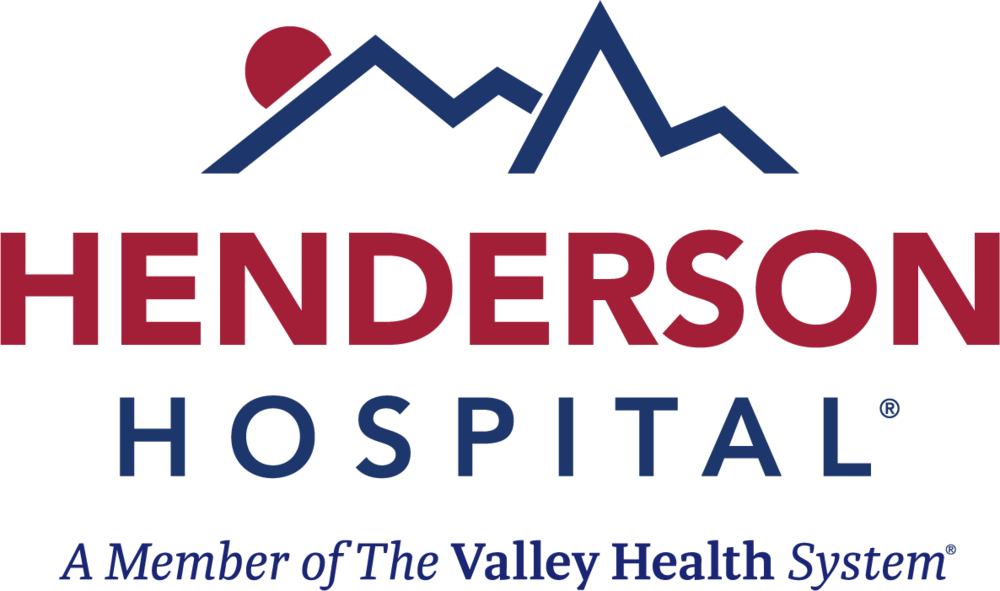Henderson Hospital is now certified as a Level III neonatal intensive care unit (NICU)

Henderson Hospital is now certified as a Level III neonatal intensive care unit (NICU) to care for newborns who are born prematurely or may have needs and conditions that require additional, specialized medical care.
“As a designated Level III NICU, our team can now care for babies who are less than 32 weeks in gestational age, weigh less than 1500 grams (approximately 3 pounds, 3 ounces) or are critically ill,” explained Julie Miller, RN, NICU Manager for Henderson Hospital. “Within our Level III unit, we also provide continuous life support, which includes respiratory support since their lungs are typically not developed until the last eight weeks in the womb.”
The hospital opened its 12-bed Level II NICU in July 2018. To prepare for Level III certification, additional equipment was purchased, including conventional and high frequency ventilators; phototherapy lights; specialized isolettes that provide heat and humidity; and monitors that continuously monitor infants’ breathing, heart rate and oxygen saturation levels. NICU staff members underwent additional certification to work in the Level III NICU, and a specialized transport team was developed to transfer babies from other hospitals to the Henderson Hospital NICU.
Learn more about the Level III NICU at Henderson Hospital.
The Level II and Level III NICUs are staffed with full-time neonatologists; neonatologist nurse practitioners; NICU-trained nurses; respiratory, occupational and physical therapists; and lactation consultants, along with adjunct medical specialists qualified to care for neonatal patients.
Rounding out the NICU team are specially trained volunteers known as “cuddlers” who hold infants to help with their overall growth and development at times when a parent is not available.
“Providing an advanced service like a Level III NICU is a wonderful addition to our community,” said Joanna Bacon, RN, Director of Women’s Services for Henderson Hospital. “We are ready to care for our community’s tiniest patients and provide important support and resources to our families during and after their time with us.”
